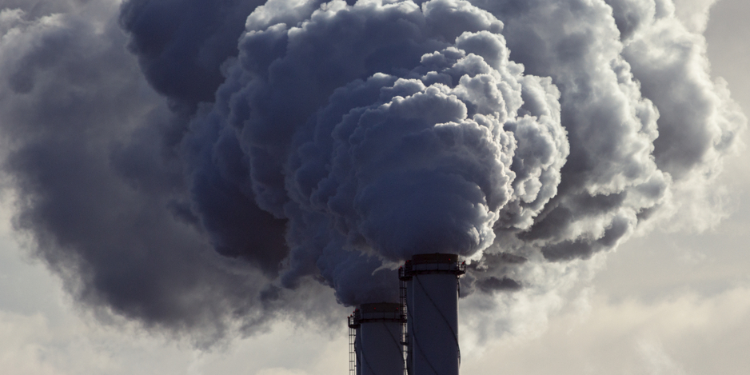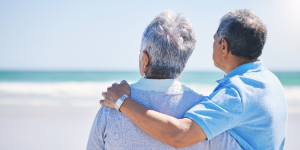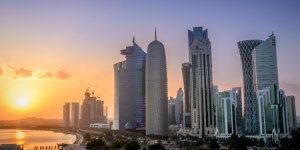
For some countries and cities, air pollution is a considerable problem. Closely linked to a range of health problems including cardiovascular and lung diseases, it can also exacerbate pre-existing conditions such as asthma and even depression. The very young and those over 60 are at highest risk.
What is air pollution?
Air pollution is discussed principally in terms of particulate pollution - the suspension of potentially harmful particles in the air. This is a particular problem in urban, built up areas. Added to this, when the weather is calm, hot and humid, pollutants build up in the air and cannot be dispersed. Pollutants come into the air chiefly via the burning of fossil fuels, the use of coal-powered plants and exhaust fumes.
As of November 2018, it was reported that around ¾ of the world's population live in areas where particulate pollution exceeds the WHO guidelines. In the US, this applies to around ⅓ of the population.
If you are moving to a more polluted area, here are some things to know, and helpful tips to prepare you for the realities of living in a very polluted area.
Where will you experience the worst air pollution?
According to the IQAir World Air Quality Index, India, China and Pakistan are the clear hotspots of dangerous air pollution, occupying most of the list of the top 200 most polluted cities in the world.
How is Air Quality measured?
To measure the quality of air the AQI is used - the Air Quality Index - which gives a simple tiered structure based on the number of particulates in the air. A numerical value is given as below, which is given a corresponding ranking according to the quality of the air for those breathing it.
Air Quality Index | Level of health concern | Symbolised colour |
0-50 | Good | Green |
51 - 100 | Moderate | Yellow |
101 - 150 | Unhealthy for sensitive groups | Orange |
151 - 200 | Unhealthy | Red |
201 - 300 | Very unhealthy | Purple |
301 - 500 | Hazardous | Brown |
For an idea of air pollution city by city, you will find a live World Quality Air Index just here.
What can I do?
Those who live in polluted cities can implement various strategies to keep themselves as protected as possible.
Check the AQI
The scale above is used to assess the safety of the air we breathe outside, and once the level of pollutants reaches extremely high levels it is no longer safe to go out. This means that many residents check the AQI (Air Quality Index) each morning as many people would ordinarily check the weather. There are free apps that can help you do this, some of which work a couple of days in advance - for example AirVisual or Plume.
Air purification at home
Invest in air pollution sensors. These operate inside your home, and as fine particles can penetrate indoors, the sensors can be invaluable in alerting you to unclean air.
To clean the air inside your home, an air purifier is well worth the investment. You will still need to let in outside air into your apartment and give the purifiers a break! Choose a low-pollution day to air out your home, then close the windows and purify the air. Keep an eye on the filters too, as in highly polluted areas these will clog more quickly.
Masks & respirators
While you will see many cloth masks used in highly polluted areas, to really protect your lungs an air-purifying respirator is the best option. This actively filters the air you breathe and prevents the pollution from reaching your lungs. It also seals around your mouth and nose, preventing you breathing in polluted air - in fact, the fit around your face drastically affects the efficacy of a face mask. Be aware that if you already have respiratory problems, you may find it difficult to breathe normally and comfortably through a mask or ventilator. Consult your doctor for the best option.
Exercise during lower pollution hours
Breathing high levels of pollutants deeply into your lungs while exercising is not ideal, and could outweigh the benefits of doing any exercise at all. To combat this, make sure you exercise when the pollution is at a lower level, and never when the AQI index warns of very unhealthy or hazardous levels. Think very early morning or late at night, and try to avoid built-up areas or traffic.



















